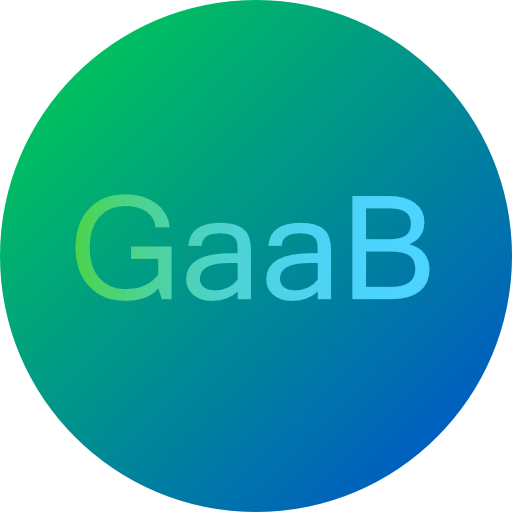|
Amendments:
GaaB version 7.0.0.0 Judges
Amendment: Objective bylaws (with audits) such that there is no gaming of the system.
Purpose: Objective rules based society is free from corruption, subjectivity, and favoritism. Audits insure that there's no manipulation or gaming of the objective based system, for example when a group of people play a joke and conspire to vote for an unjust law.
GaaB version 6.0.0.1 Joshua
Amendment: All votes are public, but the identity of the voter is private with a unique identifier assigned to each voter, in addition to an anonymous reporting system for voter fraud, manipulation, and coercion.
Purpose: Enables fair and free elections with public votes and maintains voter privacy.
GaaB version 6.0.0.0 Joshua
Amendment: All votes are public with an anonymous reporting system for voter fraud, manipulation, and coercion. Each machine in the voting network tracks every vote from all machines.
Purpose: Prevents fraud and maintains data integrity.
GaaB version 5.0.0.0 Deuteronomy
Amendment: GaaB public services supports freedom of religious and family services. Every religious organization will receive funding from GaaB coin issuance that will provide for cost of operations. This also applies to family services such as parenting, counseling, and care.
Purpose: To make religious and family services free from the influence of money.
GaaB version 4.0.0.0 Numbers
Amendment: GaaB coin is given to every citizen in the smallest denomination of the least valuable national currency. Every citizen gets one vote regardless of the number of GaaB coins held, with a minimum of 1 coin that cannot be sold. The intrinsic value of the coin is cash divided by the number of coins issued, and its market value is based on supply and demand price discovery.
Purpose: This funds public services and provides a mechanism to vote on laws.
GaaB version 3.1.0.1 Leviticus
Amendment: GaaB functions as a type of DAO, decentralized autonomous organization.
Purpose: Adds the benefits of DAO to the constitution.
GaaB version 3.1.0.0 Leviticus
Amendment: To address decision fatigue, the platform will be optimized to target users affected by proposed laws. Each jurisdiction will have its own policy governing the duration of open polls.
Purpose: Too many proposed laws will result in decision fatigue. People have busy lives and may not want to spend too much of their time voting on laws. Therefore the platform should only target citizens who are affected by those laws. Polls for voting may be open 24/7 with no end date and may allow for vote changes, or have a set time with a vote deadline, or any combination of rules. It is up to each jurisdiction that adopts GaaB to decide when and how long polls remain open.
GaaB version 3.0.0.0 Leviticus
Amendment: A team building program will be used to create trust and unity, and prevent fragmentation and segregation among communities.
Purpose: To prevent civil war, alienation of various groups, strengthen ties despite differences, and for purposes of national security, this program will create trust and unity among a diverse collective of people.
GaaB version 2.0.0.0 Exodus
Amendment: Because humans are by nature corrupt, Artificial Intelligence will be used to create a dynamic set of bylaws that benefit the most amount of people. A group of independent auditors will regularly review these bylaws to insure fairness and accountability.
Purpose: This was added to pass the will this work in Afghanistan or drug lord Latin America test. It prevents corruption in the system by creating a set of bylaws by a neutral A.I. that doesn’t not allow a ruling group to control the votes in a democracy, by intimidation, threats, extortion, fraud, etc. For instance, the Taliban ruling Afghanistan control the popular vote with threats to skin alive family members if they don’t vote pro-Taliban, or in a Latin American country where drug lords control all the wealth and refuse to fund any public service that would jeopardize their power. Furthermore, like the Taliban they can control the vote with fear as well as money.
GaaB version 1.2.0.0 Genesis
Amendment: GaaB is based on the owner-operator model. There is no administration or management. The owners are citizens, and the operators are teams of service providers.
Purpose: Direct self-representation and lower costs
GaaB version 1.1.0.0 Genesis
Amendment: In instances of no funding but demand exists, entrepreneurs offer public services to meet that demand and money is borrowed to finance the transaction.
Purpose: This solves the issue where the wealthy refuse to fund public services that don’t benefit them.
| 